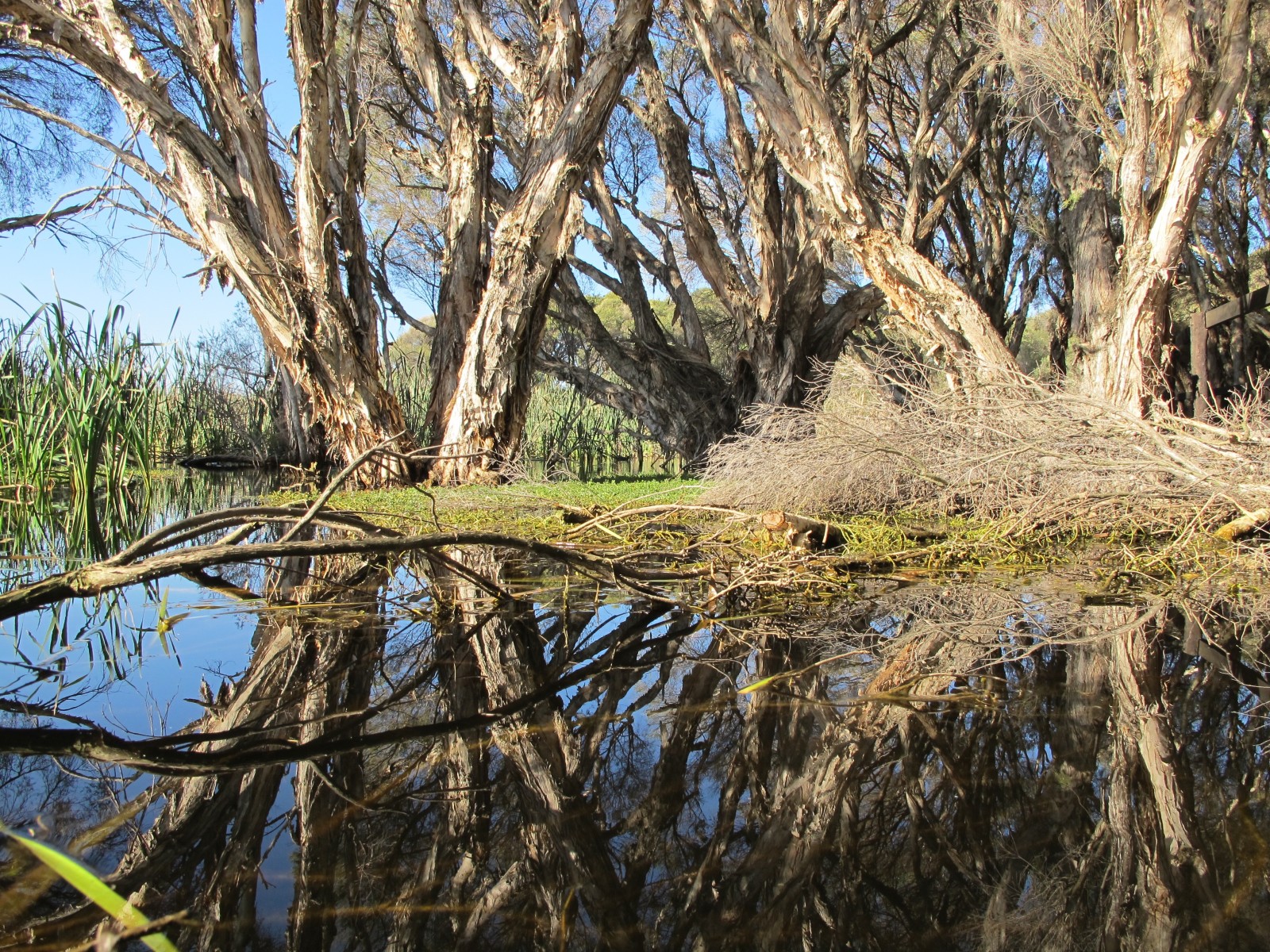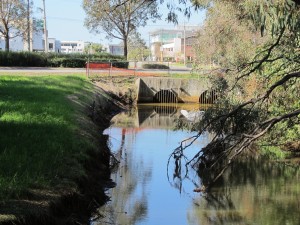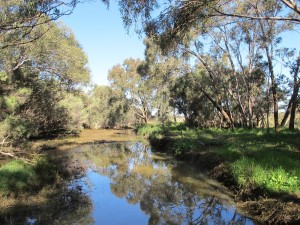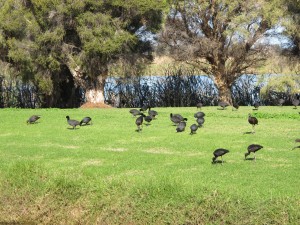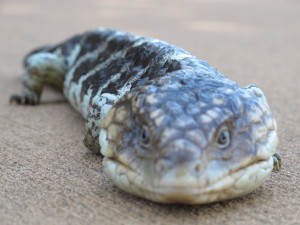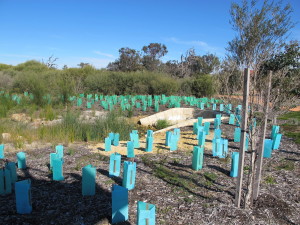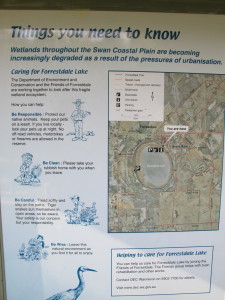A documentary about the Wetlands on the Swan Coastal Plain in Perth, to promote conservation and public awareness of a critically endangered ecosystem
THE PROBLEM
The Swan Coastal Plain wetlands around Perth in Western Australia are one the most diverse and unique ecosystems on the planet. Since the arrival of Europeans settlers an estimated 80% have been lost due to population growth and development. Remaining wetlands are increasingly threatened by rapid population growth, groundwater abstraction and a drying climate. These critically impacted ecosystems provide important beneficial services including groundwater recharge, natural filtration of nutrients, pollutants and sediments, recreation, protection from groundwater flooding, and habitat for many species. Some of these species include the endangered Carnaby’s Cockatoo, the critically endangered Western Swamp tortoise, the endangered Banksia attenuata woodland, and vulnerable Quenda. If the current rate of loss continues, it is expected that almost all of these remaining wetlands will be lost within the next 10–20 years. Urgent action is needed.
THE PURPOSE
I created this page to help fund and expose my documentary journey across the Swan Coastal Plain. If successfully funded and distributed, this project would allow me to capture images of some of the world’s most biodiverse and endangered ecosystems and wildlife. These images and footage will allow me to tell a very detailed story of these critically impacted ecosystems and wildlife to a broad audience. My goal is to link documentary making and scientific documentation to promote a powerful way to promote conservation of these valuable habitats. These include the screening of the documentary and showing imagery at the Wetland Conservation Centres to support environmental education activities and gallery exhibitions to promote public awareness and providing the documentary for educational courses and public programs.
GOALS AND PRODUCTS
Wetland Conference – An exhibit is planned at the Cockburn Wetland Conservation Centre in Perth from February 2 – February 28, 2016 to showcase some of the photographs that are captured from this project and video images that will be shown as a short documentary. February 2nd will coincidence the celebration of world wetland day and a Wetland Conference to exchange ideas on sustainable management of wetlands ideas between wetland practitioners. The wildlife photography gallery will facilitate change by bringing attention to environmental issues through the persuasive power of photography and scientific communication towards a broad audience such as local governments, scientific institutes, nature conservation groups, and educational practitioners. This exhibition will allow the community to experience these remarkable habitats up close, and create a unique opportunity to promote conservation and public awareness of these critically impacted ecosystems.
Wetland Education Centre Exhibit – Photographs, the documentary and funds will go towards developing wetland based curriculum and interactive activities that will be used for education at the regional wetland education centres in Perth. The documentary will be integrated in the existing wetland education exhibit to make the connection between visitors and the natural environment; and how their own everyday habits impact the health and ecology of local wetlands. The photographs, curriculum, and interactive activities generated through this project will directly help the education centres to raise awareness of the local and regional wetland environment and to promote conservation by teaching wetland science to the public.
Environmental Scientist – I was born and raised amongst the plentiful wetlands of the Netherland, currently living in Perth. I received my M.S. degree in environmental sciences from Leiden University and Wageningen University, the Netherlands. I have worked in the ecological and conservation field since 2007, and am currently a teacher environmental education and Ph.D. student at the University of Western Australia, Perth. My research focuses on the topics of wetland management and groundwater flooding. Specifically, I am interested in various ecological questions that relate to urbanisation and drainage networks to prevent groundwater flooding and the effects on the wetland management. I am looking at future adaptation strategies to improve wetland conservation that enables protection of threatened and endangered species that inhabit the Swan Coastal Plain. Photography and documentary making allows me to communicate my research to a broader audience, and provides a powerful tool in promoting conservation and sustainability.
Photography and documentary making – I have a considerable amount of experience photographing landscapes and wildlife all around the world. Short documentaries and educational material were used by several educational institutes in the Netherlands.
WHAT WILL YOUR DONATION SUPPORT?
Your donation will help support my 18-month journey along the Swan Coastal Plain, the printing and framing of photos for the Wetland Education Centre exhibit, and the development of wetland based curriculum and interactive activities used at Perth’s regional Wetland Education Centres.
Project costs include:
- YOUR INCENTIVES!
- Travel expenses – train fares (I will cycle most of my way and will be camping at caravan parks to reduce costs; wild camping is not permitted)
- Food
- Camera equipment
- Scientific permits
- Field supplies
- Printing, matting, and framing of exhibit images
- Materials and equipment needed to convert photos into curriculum and activities
COLLABORATORS
Cockburn Wetland Education Centre – One of Perth’s regional centres to promote wetland conservation and hosting the annual wetland conference: http://cockburnwetlands.org.au
CRC for Water Sensitive Cities – Inter-disciplinary research expertise to undertake research that will provide water management for ecosystems in Australia and overseas: http://watersensitivecities.org.au
AMAR’S INFORMATION
For more information on my research, documentary, photography, and this project please visit my website at http://www.amarnanda.nl
Follow me on twitter @amarnanda
Email: amarnanda.nl@gmail.com
Risks and challenges
The potential risks and challenges I foresee with this project include:
Climate and Terrain
Photographing and filming throughout Western Australia during all seasons can provide extreme weather. Especially in winter flooding is a risk due to heavy rainfall and heat waves are common during summer months. In addition, some sites require a lot of hiking and cycling to get to the areas where wildlife of interest occur. The response of these seasonal wetlands to to variations in the climate and terrain is a large part of the story that has not been told.
Equipment and Logistics
Photographing in the field is not always kind to your equipment. Especially when photographing in or near water. Therefore, camera insurance has been taken out on my current equipment, and any new equipment purchased from this kickstarter project will be added to the insurance policy before I head into the field.
Illness and Injury
Some of these wetlands have degraded water quality that can be potential harmful to humans. Photographing and filming in these areas cause a risk of illness, infection, and serious injury. In some areas Ross River Virus, venomous snakes, and spiders occur and the Australian paralysis tick is abundant and may produce life-threatening effects. With my extensive experience in these systems and health and safety protocols of the university, I take all the necessary precautions in order to be safe and healthy.
Nature and Wildlife
You never know what happens in nature and that is the only thing I will know for certain. With my knowledge and experience in these systems, however, I am very confident to be able to capture many of the landscape and its rare species to share with you.
Documentary period
Aug 9 2015 – Feb 9 2017 (18 months)
